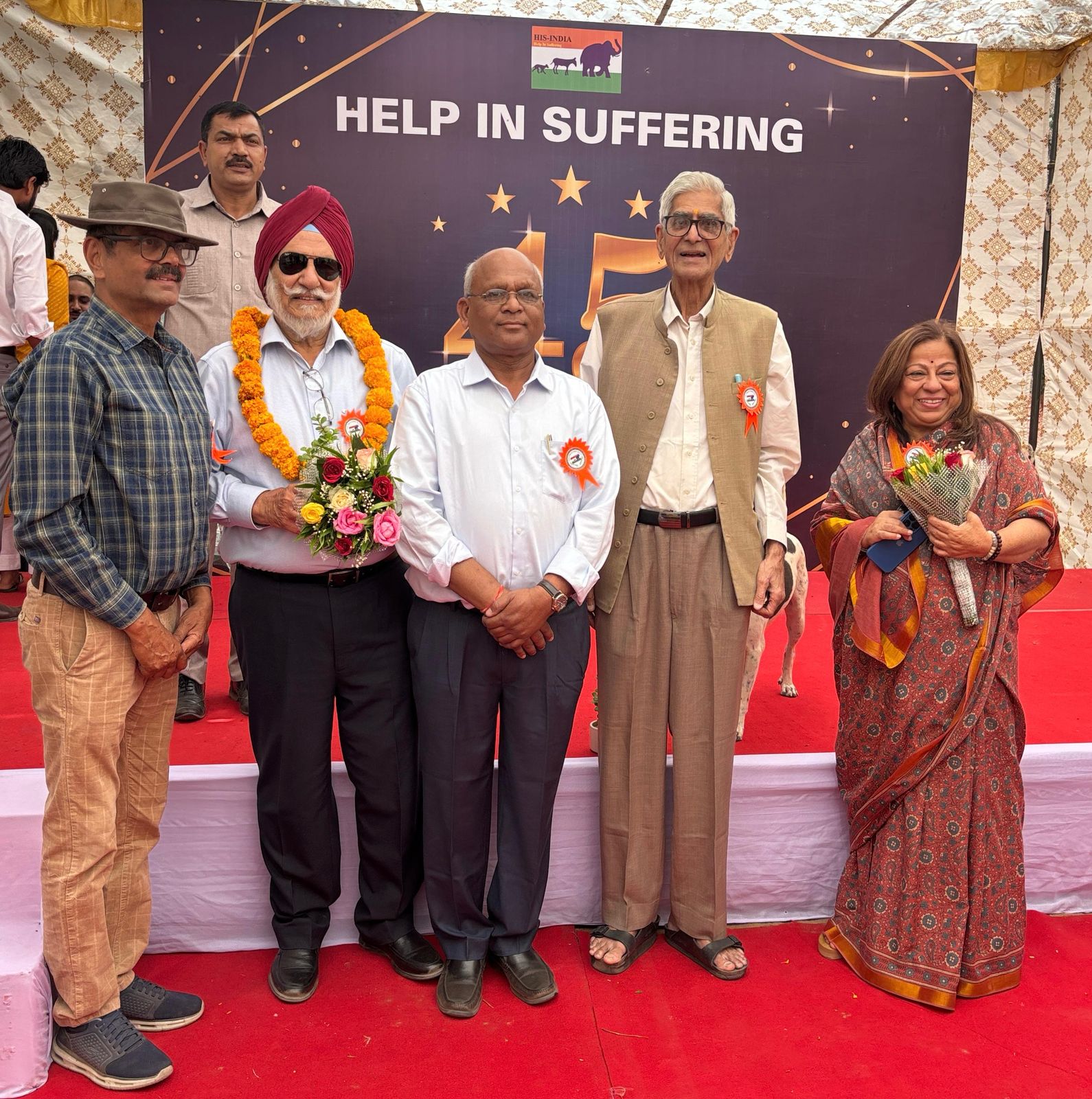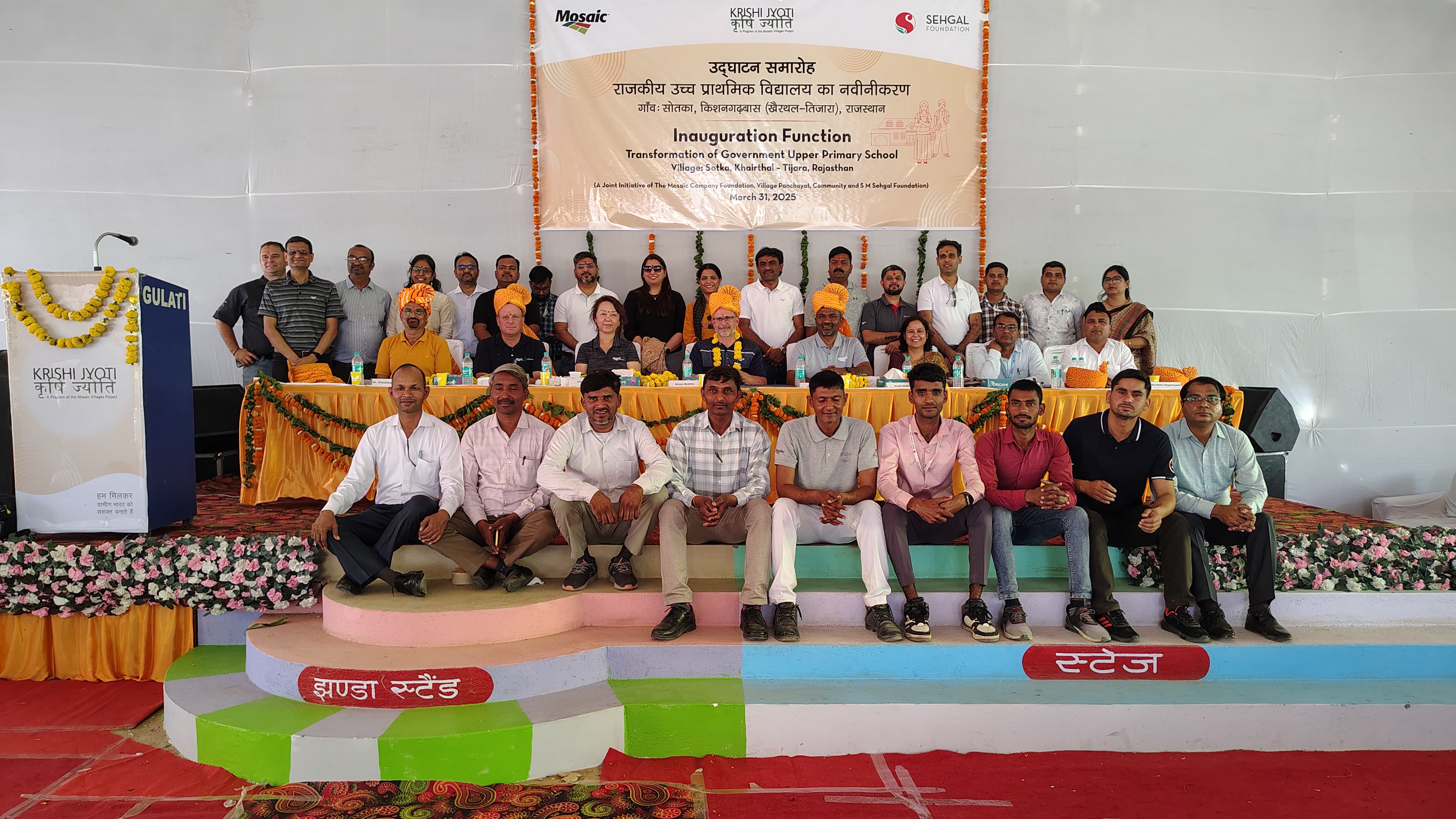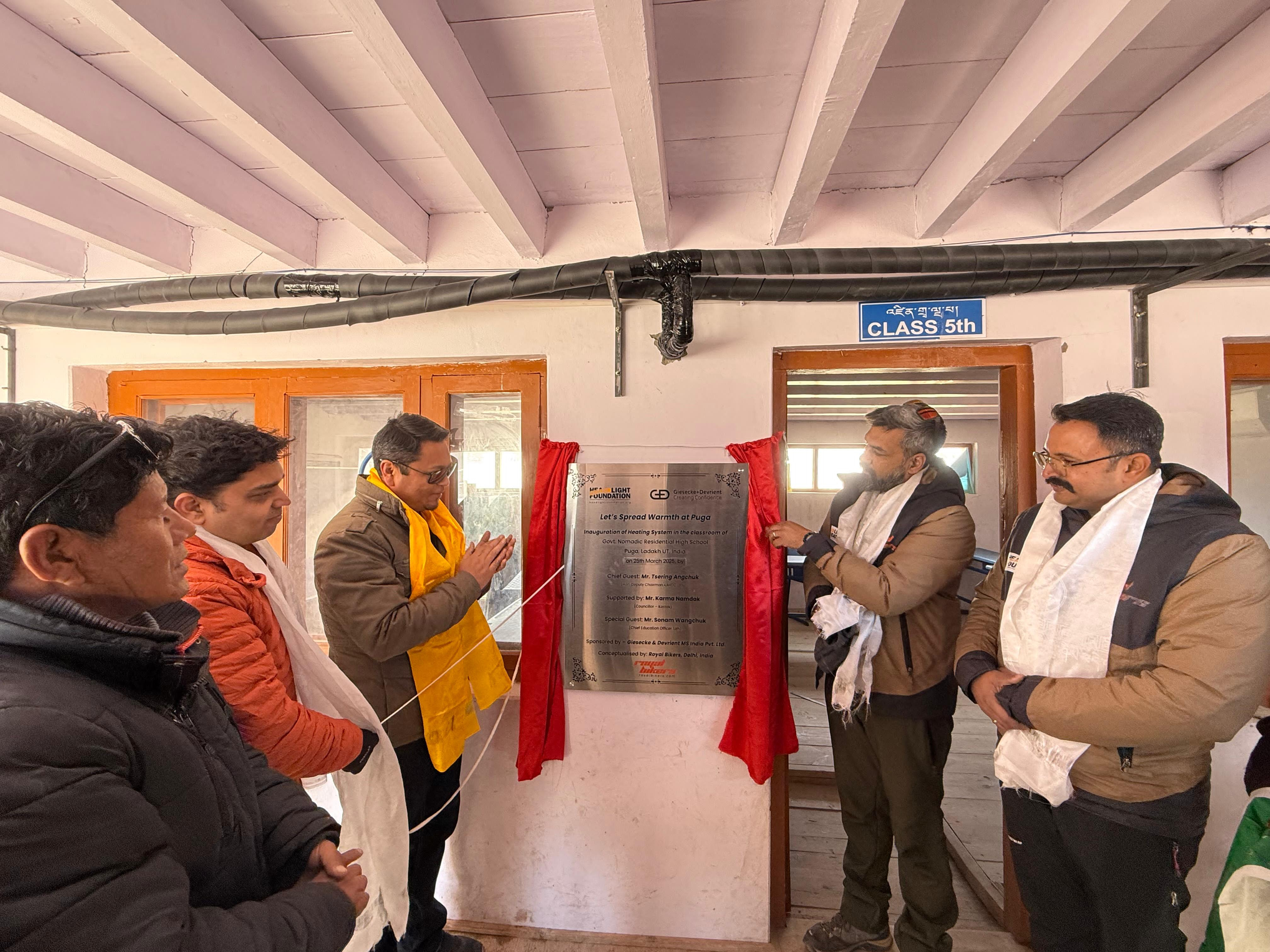Subscribe our Weekly Newsletter
RFP for Study and Technical Guideline for Heat-Resilient and Sustainably Cooled Buildings in Vijayawada city, Andhra Pradesh

Organization: ICLEI – Local Governments for Sustainability
Apply By: 16 Sep 2024
About the Organization
ICLEI – Local Governments for Sustainability is a global city network association of more than 2500 local and regional governments committed to sustainable urban development. ICLEI South Asia, the South Asian arm of ICLEI, works with regional and city governments in the South Asian region through programs and projects on climate change and urban sustainability.
ICLEI South Asia, with the support of C40 Cities, is implementing the ‘Mainstreaming Climate Action in Three Cities of Andhra Pradesh’ project. The project aims to mainstream climate considerations in planning, financing, and delivery of services at the city level and supports city governments in three project cities of Vijayawada, Kakinada and Visakhapatnam. The project aims to develop citywide multi-sectoral climate action plans in Kakinada and Vijayawada, led by the respective municipal governments. Technical assistance to support and facilitate high-impact and bankable climate actions in Kakinada and Vijayawada is also being provided.
About the Proposal
Considering the Vijayawada’s climatic conditions and the growing built-up area and economic activity, it is essential to promote and develop heat resilient buildings in the city to cope with urban heat island impacts and overall growing energy demand in a sustainable manner. Through baseline assessments of Vijayawada’s municipal level energy consumption, municipal buildings have been identified as a potential area for interventions. A detailed study is required to understand the existing baseline, space cooling practices and identify opportunities for sustainable, energy efficient and low carbon cooling interventions in the city’s buildings.
In this regard, ICLEI South Asia aims to provide technical assistance to Vijayawada Municipal Corporation (VMC) to develop a technical guideline document for ‘Heat-Resilient & Sustainably Cooled Buildings’ that includes active and passive measures encompassing low carbon space cooling technologies and solutions as well as recommendations for building envelope design with technical specifications. The aim is to optimize occupant thermal comfort, cooling energy and sustainability performance of existing and future buildings, considering Vijayawada’s climate and local context.
Further, a technical evaluation is to be undertaken for one existing institutional building (educational building anticipated) to identify specific solutions and interventions for implementation, helping achieve improved thermal comfort and efficiency. Outcomes from the technical assistance will help VMC’s efforts to implement appropriate interventions and projects, thereby enabling low-carbon transition in the municipal corporation’s buildings.
ICLEI South Asia seeks expert consultancy services (individual or organization) to assist VMC in showcasing the potential for development of sustainably cooled and heat resilient buildings and to deliver practical easily adoptable guidelines and specifications for design and construction of green and energy efficient public buildings.
Scope of Work
Objective and tasks
This task aims to develop a technical guideline document that includes active and passive measures encompassing low carbon space cooling technologies, solutions as well as recommendations for building envelope design with technical measures, specifications and criteria to optimize building cooling energy and sustainability performance of existing and future buildings, considering Vijayawada’s climate and demographic context.
As part of this task, building typologies such as institutional/public and community housing will be selected and addressed for the proposed study and guideline development. For representation in the study and to develop the guideline, it is expected that up to six buildings in total from categories such schools, hospital, auditorium, public offices, and social housing will be covered and interventions will be identified for specific building typology.
As per the list of identified buildings to be addressed in the study, wherein the consultant is expected to conduct walk-through visits (see section 3). It is to be noted that site visits are primarily for understanding local context and space cooling practices and improvement opportunities and measures, wherein detailed audits are not expected. The findings and recommendations will be used to develop the locally applicable technical guideline for heat-resilient and sustainably cooled buildings.
Technical guideline- Proposed scope of work and approach:
- Develop technical guideline document that is easy to understand, contextualized to Vijayawada’s local conditions and includes relevant building design and construction techniques to improve building’s thermal performance along with recommendations on energy efficient cooling equipment/appliances to improve building energy performance in its lifecycle.
- Identify relevant retrofitting measures, centralised as well as decentralised, for target buildings and their occupancy areas considering no/low-cost, medium cost and investment grade solutions along with suitable case studies and best practices.
- Following aspects are expected to be considered and incorporated by the consultant while preparing the technical guidelines: o Building envelope design and materials
- To prioritize thermal comfort, minimize heat ingress in the building and reduce urban heat island effect in line with Vijayawada’s climatic conditions
- Conditions and technical specifications relating to passive building envelope design strategies and building elements (walls, roofs, windows) including minimum compliance criteria for aspects such as window to wall ratio, cross ventilation, orientation, window glass/glazing (U-value, SHGC, VLT) for optimum indoor thermal comfort.
- Conditions and technical specifications for building materials and mixes with better thermal performance than typical concrete mixes; envelope materials; recommendations for the use of eco-friendly, bio-degradable, recycled materials, agricultural, industrial by-products, low-carbon pre-fabricated components, certified green materials, paints (low VOC, high SRI), among others.
- Consultant may develop a list of materials with better thermal performance that are low carbon, contextually suitable, certified, tested and commercially available in the region
Energy efficient equipment
- Recommend energy efficient mechanical cooling equipment/appliances (for centralized/de-centralized cooling systems) for the key building typologies identified above; accompanied with their specifications and criteria including but not limited to star rating, energy load, wattage, coefficient of performance, low-carbon or CFC-free refrigerants, and air-conditioning systems, among others to maximize operational energy efficiency
- For material, construction techniques, equipment, technology and appliance recommendations, the consultant shall include appropriate references for the respective items. Such references may include manufacturer details, technical specifications, installation method (in case of materials and construction techniques) and O&M criteria. These references can be in the form of web hyperlinks and/or published literature.
- Building level energy performance comparison can also be looked at considering Vijayawada’s existing building energy performance vis-à-vis optimum/high energy performance buildings of the similar typologies from the region. For instance, EPI benchmarks of efficient buildings such as offices, auditorium, schools, among others vis-à-vis EPI of Vijayawada’s shortlisted buildings.
- Based on the site visit and available data, provide comparative analysis of the proposed sustainable, energy efficient and low carbon cooling solutions vis-à-vis conventional solutions in terms of energy and costs savings to showcase benefits
- It is recommended to include key technical specifications of the proposed technologies for the decision makers to understand, compare and assess the existing practices vis-àvis proposed.
- Wherever applicable/necessary, official databases, Acts, GRs, policies, bye-laws and notifications applicable to Andhra Pradesh and Vijayawada shall be referred and cited.
- The guideline and recommendations shall align with standards such as ECBC 2017, prevalent green building rating systems, and applicable state/local building regulations in consultation with VMC and ICLEI South Asia in order to ensure compliance and certification of future public buildings.
- Consultant may structure the technical guideline considering different building phases such as design, construction, operation & maintenance with end-of-life aspects if relevant and integrate recommendations for different building typologies or vice-versa. The structure will be mutually decided between consultant and ICLEI South Asia team. This will help city officials for informed decision making, and achieve building energy performance throughout the building life cycle.
- For suggested energy intensive cooling solutions, provide high level estimation of decentralized RE solutions such as rooftop solar PV system size with ballpark cost to inform on the clean energy supply requirements for the proposed space cooling solution. For large size buildings with higher electricity demand, RE energy supply solutions such as open access and others shall be briefly elaborated.
- Recommend policy and financing interventions (including state and national level schemes and programs) to support key decision makers for initiating on-ground implementation of the identified solutions in public buildings.
- Provide case studies as possible for the proposed solutions/recommendations with in-depth information such as technology adopted, project costs, energy saving potential and adopted financing mechanism.
- National/international case studies highlighting role of local and regional governments in mainstreaming low carbon cooling in cities will be beneficial.
- It should be noted that the technical guideline and its related outputs/tools, shall be structured and designed to be practical, easy to understand/interpret, and apply for the intended audience and purpose.
Task II: Evaluation study to identify project interventions for implementation at one school building
Following approach and aspects are expected to be considered and incorporated by the consultant while conducting the evaluation study for the school building:
Undertake visit at the identified building to understand the building conditions, collect high-level baseline information such as built-up area, total electricity consumption (monthly & yearly), and space cooling practices including building ventilation.
- Consultant shall study the building layout, site, building envelop, occupancy type and size thoroughly to inform customized recommendations for the building.
- Consultant shall undertake software-based building energy modelling and simulation to assess school building’s current thermal performance for different seasons of Vijayawada, by incorporating the available data of site drawings and building materials as well as findings from the site visit.
- Based on the results of the simulation, consultant shall suggest the appropriate retrofit measures and showcase the results through the simulation iteration. For instance, if forced ventilation is proposed at certain areas in the school, then the simulation diagrams can be shown to showcase the improved thermal performance.
- Low cost retrofit measures that can improve occupant thermal comfort significantly shall be prioritized, school children in this case.
- It is recommended to add a list of key solution providers along with ball park costs for different technologies and interventions proposed along with cost-benefit analysis.
- Undertake pre-feasibility study for optimum rooftop solar PV installation on the school building to meet maximum energy demand. Aspects such as net metering, technical specifications of solar panels meeting minimum efficiency criteria, type, ideal orientation, rooftop mounting structure, recommendations for effective use of rooftop space as well as ease of panel mounting with facilities for maintenance shall be addressed considering the existing roofing conditions such as overhead water tank in order to avoid shadows on the solar panels.
Deliverables
- Task 1: Study and Technical Guideline for the heat-resilient and sustainably cooled buildings in Vijayawada: Easy-to-understand technical recommendations encompassing active and passive strategies such as sustainable cooling technologies as well as building envelope retrofitting measures for making existing and upcoming buildings heat resilient. The proposed guideline and the interventions are aimed to serve as a model demonstration within municipal corporation’s owned buildings showcasing city’s leadership and intent to reduce end-use GHG emissions.
- Report on implementable project interventions for one building: Based on the technical evaluation, a final report to appropriately capture the technical methodology, analysis, findings from the evaluation process, appropriate recommendations and interventions justified with techno-economic feasibility analysis, including cost estimates.
The consultant is expected to present findings and recommendations of the Task to ICLEI South Asia and VMC. Final reports and documents shall be submitted after addressal of comments and inputs provided by ICLEI South Asia and VMC to the draft reports.
Eligibility
Technical Requirements
- Minimum 10 years of relevant combined professional experience in design of green, lowcarbon and/or net-zero building projects with focus on sustainable cooling based on passive and active measures.
- Experience in design of thermally efficient buildings for different climatic zones with understanding and experience in energy retrofit procedures is desirable.
- Minimum 5 completed assignments involving energy audits in municipal buildings with different building typologies highlighted in the scope of work.
- Minimum 5 completed assignments involving review of RfPs, building designs, technical specifications and criteria for low carbon buildings and building energy performance in the last 5 financial years.
- Demonstrated experience in providing consultancy for energy auditing, energy efficient/green building projects in government and private sector, provision of technical support to Government institutions in Andhra Pradesh and working with government officials will be considered an advantage.
- Understanding of relevant business models for financing the energy retrofits capturing energy analysis and audits, maintenance and operation, cost-benefit analysis is required.
- Demonstrated experience in working with development/multi-lateral organizations, government institutions, and implementing projects and technical assistance delivery related to energy audits, green and energy efficient buildings in India. Demonstrated experience of working in Andhra Pradesh will be advantageous.
Financial requirements
- The bidder (if a firm) should possess valid. relevant legal documents for taxation and financial accounting purposes issued by authorized agencies (such as GST, TIN registration as relevant).
- The bidder must be registered with relevant Income tax department and should produce Latest Income Tax clearance certificate/income tax return details for last 3 financial years.
Education Requirement
- The consultant/ Team lead (if a firm) should have a minimum of Bachelor’s/Master’s degree in Architecture or Engineering with minimum combined experience of 10 years in energy audits, building retrofits, design of thermally efficient buildings.
Language Requirement
- Proficient in English.
How to Apply
The proposal document shall be submitted by bidders through email to the below mentioned email IDs on or before 16/09/2024: nikhil.kolsepatil@iclei.org
For more information please check the Link
Latest Online Store
Latest Grants
Latest News
© Renalysis Consultants Pvt Ltd













.png)











.jpg)